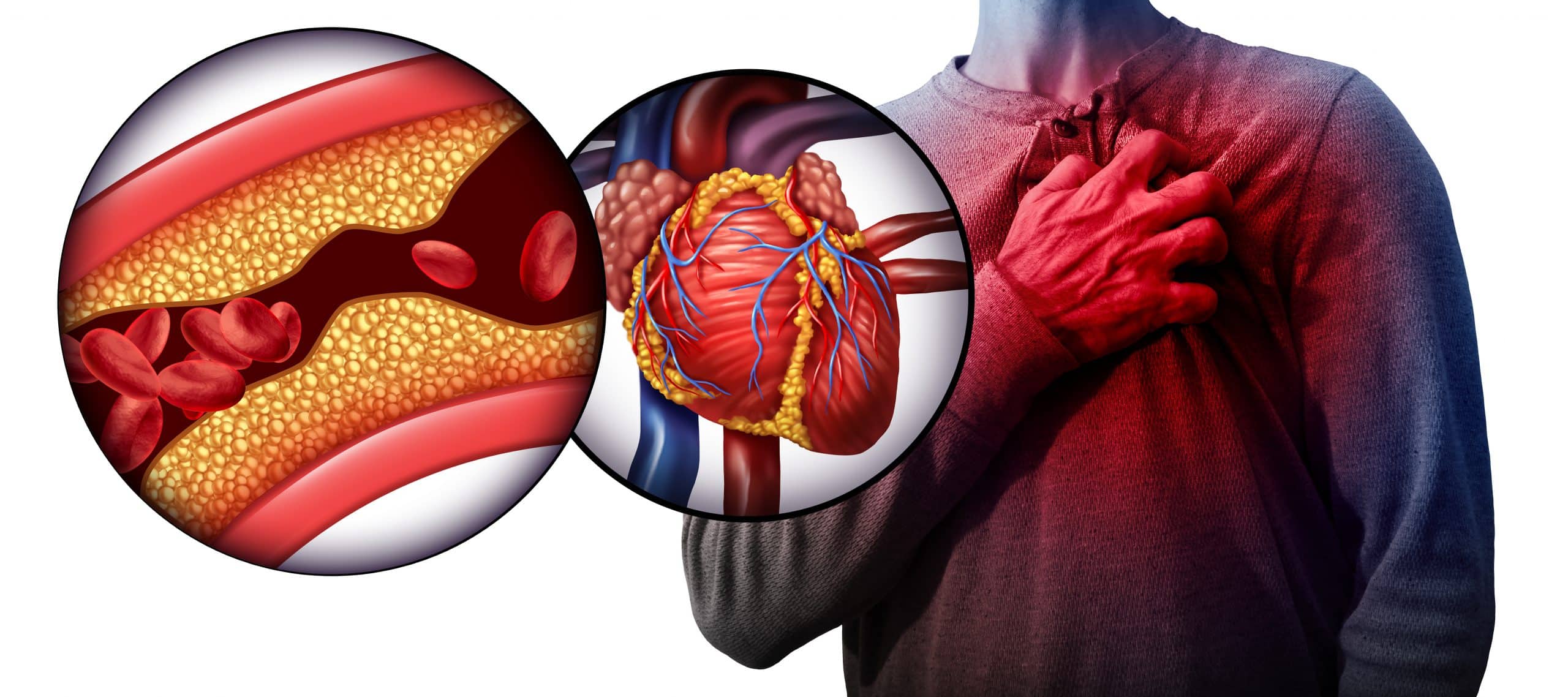02/11/2020
American Heart Month: Why Women Should Know Their Numbers
February is American Heart Month. During this month, we take time to educate ourselves about heart health and show our support for those affected by heart disease. It serves as an excellent reminder to take better care of ourselves and our hearts. Heart disease is the number one killer of women, claiming 1 of every 3 women in the United States, and even still, heart disease is characterized as a predominantly male issue. Too often, men and women fail to recognize the gravity of health conditions before it’s too late, but the American Heart Association aims to change that.
February 7th is Go Red for Women Day, when millions of men and women across America will wear red in recognition of the threat that heart disease poses to our friends and loved ones. The goal is to associate the color red with the risk of heart disease and encourage women to educate one another, spread awareness to the younger generations, and decrease the number of women affected. There are many things women can do to celebrate this important event, and it starts by knowing your numbers.
5 Important Numbers to Know
- Total Cholesterol Level
- HDL (Good) Cholesterol Level
- Blood Pressure
- Blood Sugar Levels
- Body Mass Index
These numbers are the best way for you and your healthcare provider to assess your heart health, and risk of heart disease. Understanding these numbers and how they affect your health is the first step required to keep them all within optimal, healthy levels.
What are Healthy Blood Pressure Readings?
High blood pressure, or hypertension, is a serious health threat. A healthy blood pressure level is when the top number (the systolic number) is beneath 120, and the bottom number (the diastolic number) is beneath 80. If your numbers are higher than that, 137 over 88 for example, you should speak to a doctor about a plan for lowering your blood pressure levels. Blood pressure fluctuates naturally in moments of stress and heightened activity, or as a result of ingesting certain foods, such as caffeine or tyramine, which can be found in cured and fermented foods.
Having consistently high blood pressure takes a toll on the body, however. Under chronic stress, the circulatory system begins functioning improperly, which results in damage to blood vessels, an accumulation of cholesterol in artery walls, and restricted blood flow.
Know Your Risk Factors
Tracking your blood pressure is the most important part of avoiding the ill effects of high blood pressure, and it’s equally important to be aware of which risk factors are relevant to you.
The following factors are known to increase blood pressure in women, so be extra vigilant if any apply to you:
- high levels of stress
- anxiety
- tobacco use
- excessive alcohol consumption
- night-shift work
The following medical conditions can also increase one’s risk of high blood pressure:
- diabetes
- pregnancy
- dehydration
- cardiovascular disease
- obstructive sleep apnea
- kidney disease
- thyroid problems
- nervous system problems
Blood pressure problems tend to increase with age, and blood pressure generally increases after women experience menopause. Research has shown that frequent blood pressure checks are effective in preventing heart disease and improves the effectiveness of treatment when blood pressure is already high.
Understanding Cholesterol Levels
Another important number to track and understand is cholesterol level. Cholesterol is a dense, fatty substance found in the cells of the human body, needed for processes involving the creation of hormones and Vitamin D. Cholesterol in the blood comes in two forms, LDL and HDL cholesterol, commonly referred to as “good” and “bad” cholesterol, respectively. When someone has “high cholesterol” they have too much LDL cholesterol in their blood, which causes plaque to gather inside the arteries.
The hormone estrogen has a strong effect on cholesterol levels in the blood. Because of the higher presence of estrogen in the body, premenopausal women that have gone through puberty have lower LDL than their male counterparts, and they tend to have higher levels of HDL than men do. After age 55 however, women tend to have higher levels of LDL, which makes it an especially important time to begin routine checkups. Total cholesterol levels (HDL and LDL together) above 240 milligrams per deciliter is considered high-risk and reason to start taking action.
How to Control Your Numbers
Diet and exercise are the best ways to lower your blood pressure and cholesterol. Being overweight adds to the risk of high blood pressure, and studies have shown that moderate exercise can increase cardiovascular health. Eating fruits, vegetables, and whole grains can contribute to lowering blood pressure more quickly. HDL cholesterol can be increased by eating fiber-rich foods like fruit, and heart-healthy fats found in fish and olive oil. Restricting sodium intake is another common step in lowering blood pressure.
Show your support for Wear Red for Women Day this February 7th, so that the dialogue surrounding heart disease can continue to expand, and Americans can build healthier lives together. For more tips on managing blood pressure, or if you’d like to schedule an appointment with one of our cardiologists, visit CVG online today.



